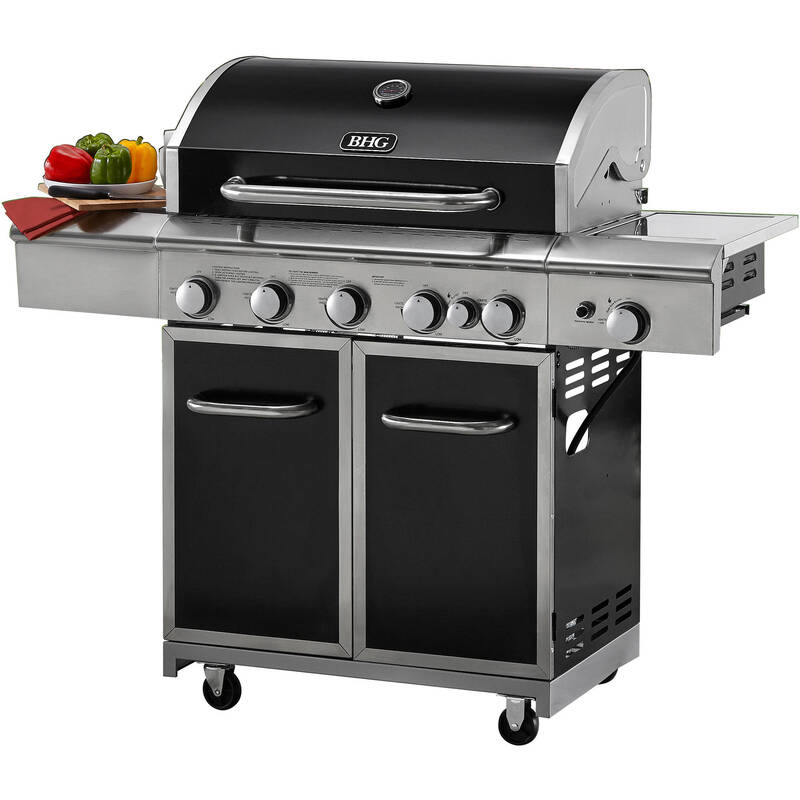|
Is It Possible To Get Cancer From BBQ By Pierre Mouchette | Bits-n-Pieces Many people consider grilling to be a vital part of their summer. Despite its popularity, you have probably heard the rumor that grilling is bad for your health. Unfortunately, there is some truth to this rumor. Grilling with charcoal is associated with increased cancer risk. That does not mean you cannot enjoy this summertime social favorite because there are many ways to reduce risks and make your next grilled meal safe, healthy, and delicious.
Is charcoal carcinogenic? Anything revealed to promote the growth of cancer is considered carcinogenic. Charcoal is not a carcinogen, but cooking with charcoal has substantial links to cancer. There are two main reasons for this:
Does grilling cause cancer? No one wants to believe that their summer cookout might lead to cancer. Unfortunately, there are a few risks you should know about before you light up the grill, and yes, frequent grilling does increase cancer risk! The connection between eating red meat and cancer Red meat is associated with numerous health risks, including an increased risk of cancer. Studies have shown that red meat is linked to an increase in your risk for colon and rectal cancer and can be linked to a connection with other cancers. However, more research is still needed to determine why. Cancer-causing side effects of processed meat preservatives Grilling processed meats, such as hot dogs and sausages, is linked to cancer. The World Health Organization classifies processed meats as a Group 1 carcinogen to cancer. This designation means that there have been a large number of trusted and verifiable studies linking processed meats to cancer. Processed meat has been shown to increase the risk of colorectal cancer, and there is also evidence that processed meats can increase the risk of stomach cancer. Charring creates heterocyclic amines (HCAs) When you grill meat at high temperatures, you create heterocyclic amines (HCAs), known carcinogens. HCAs form when high temperatures cause the amino acids in the flesh to react with the creatine. This reaction creates the black char marks you see on foods and grills. It only occurs when you cook muscle meats because they are the only food that contains creatine. Muscle meats include:
Grilling creates carcinogenic polycyclic aromatic hydrocarbons (PAHs) When meat juice drips onto coals and other hot surfaces, it causes flames and smoke. It causes polycyclic aromatic hydrocarbons (PAHs) to form. The PAHs then stick to the meat you’re grilling. PAHs are also created when meat is smoked. They are known to change human DNA and are considered carcinogenic. Is grilling with gas safer than charcoal? Yes, grilling with gas is considered safer than grilling with charcoal. You create much less smoke when you cook with gas, reducing the creation of PAHs. Gas grilling also does not get nearly as hot, reducing the creation of HCAs. Note: Gas grilling only reduces these risks but does not eliminate them. How to reduce carcinogens when barbecuing You do not need to give up grilling. But, modifying what and how you prepare the food can reduce the dangers of grilling. It means you can enjoy a great cookout without an increased cancer risk. Cut back on grilling red meat and possibly stop eating processed meat Both red and processed meat is associated with a higher risk of cancer. These risks go up when you grill them. Red meats and processed meats are high in fat, causing them to drip onto coals more, increasing the risk of PAHs. Additionally, you need to grill them for a longer time to cook them thoroughly. Longer grilling times mean higher temperatures and more smoke, the factors correlated to cancer risk. To reduce risk, try grilling lean meats like chicken, turkey, and fish. Although you can still create HCAs when you grill these meats, the risk is not as high. You generally do not need to leave these meats on the grill for as long, reducing the chance HCAs will form. Additionally, lean meats are known to be healthier overall, making them a wiser choice. Note: Cutting the meat into smaller pieces reduces the time the meat needs to spend on the grill, potentially reducing the risk of cancer. Grill vegetables The creatine that creates HCAs is found in meat, but meat is not the only thing you can put on the grill. Grilling both fruits and vegetables is safe and delicious. Vegetables do not become carcinogenic when you grill them, and they are also rich in vitamins, fiber, and nutrients that may reduce the risk of cancer. Preparation and Cooking Suggestions
Be selective about the grill you use - Gas grills use lower temperatures and create less smoke, making them a safer option. It is best to cook over low temperatures if you want to use charcoal. One way to do this is to pay attention to the charcoal itself. You can select barbecue briquettes that have a lower burning temperature.
0 Comments
Your comment will be posted after it is approved.
Leave a Reply. |
Archives
May 2024
|
